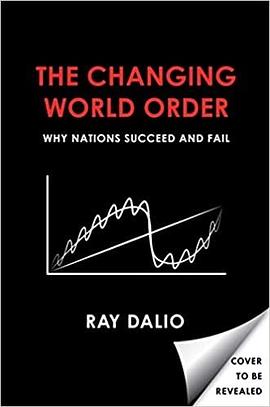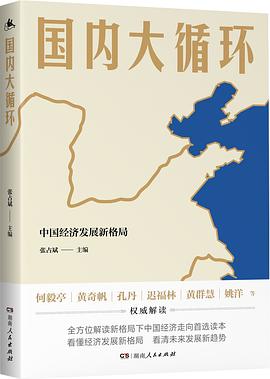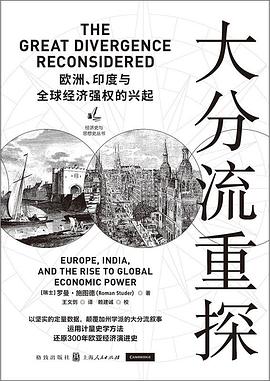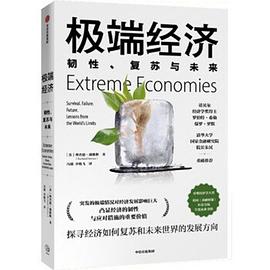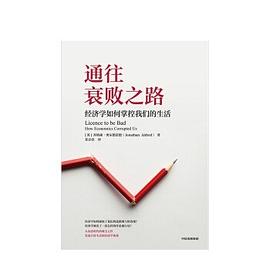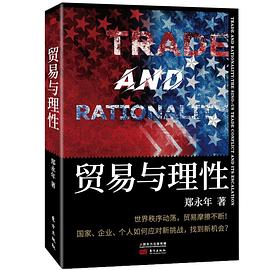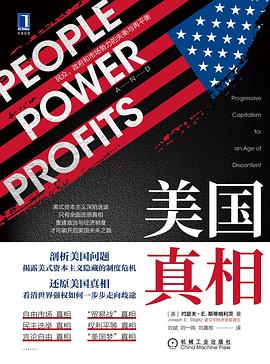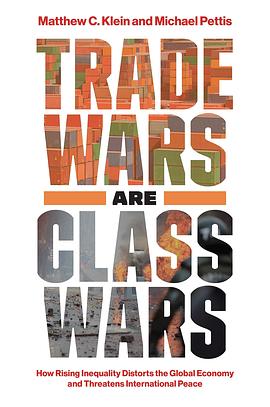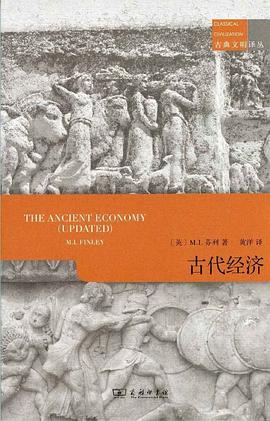
具體描述
Marko Papic
Partner & Chief Strategist
Clocktower Group
Marko is a Partner and Chief Strategist at Clocktower Group, an alternative investment asset management firm based in Santa Monica, California. He leads the firm's Strategy Team, providing bespoke research to clients and partners on geopolitics, macroeconomics, and markets.
Prior to joining the firm, Marko founded BCA Research's Geopolitical Strategy practice (GPS) in 2012, the financial industry's first dedicated political analysis investment strategy. The GPS service generated geopolitical alpha by identifying gaps between the market's political expectations and the firm's forecasts. Marko was a Senior Vice President and the firm's Chief Geopolitical Strategist.
Marko began his career as a Senior Analyst at Stratfor, a global intelligence agency where he contributed to the firm's global geopolitical strategy as well as its analyst recruitment and training program. In his academic work, he helped create the Center for European Union Studies at the University of Texas at Austin. Marko holds an MA in Political Science from the University of Texas at Austin and an MA from the University of British Columbia.
He is the author of Geopolitical Alpha: An Investment Framework for Predicting the Future (Wiley 2020), a book that introduces his constraints-based framework to investors. He has lived in seven countries on three continents.
www.geopoliticalalpha.com
www.clocktowergroup.com
Geopolitical Alpha – An Investment Framework for Predicting the Future provides readers with an original and compelling approach to forecasting the future and beating the markets while doing so. Persuasively written by author, investment strategist, and geopolitical analyst Marko Papic, the book applies a novel framework for making sense of the cacophony of geopolitical risks with the eye towards generating investment-relevant insights.
Geopolitical Alpha posits that investors should ignore the media-hyped narratives, insights from "smoke-filled rooms," and most of their political consultants and, instead, focus exclusively on the measurable, material constraints facing policymakers. In the tug-of-war between policymaker preferences and their constraints, the latter always win out in the end. Papic uses a wealth of examples from the past decade to illustrate how one can use his constraint-framework to generate Geopolitical Alpha. In the process, the book discusses:
What paradigm shifts will drive investment returns over the next decade
Why investment and corporate professionals can no longer treat geopolitics as an exogenous risk
How to ignore the media and focus on what drives market narratives that generate returns
Perfect for investors, C-suite executives, and investment professionals, Geopolitical Alpha belongs on the shelf of anyone interested in the intersection of geopolitics, economics, and finance.
用戶評價
##微博看到蘭小歡推薦,看到瞭友鄰的翻譯版
評分 評分 評分##挺好的宏觀政經怯魅讀物。Preferences are optional and subject to constraints. Constraints are neither optional nor subject to preferences. 理解每個政治傢決策時麵臨的constraints比起找一堆ex官員打聽各種內幕消息要重要的多(英國脫歐 / 希臘留歐 / 中美貿易戰 這種事情和幾個關鍵決策人的主觀傾嚮關係不大,最後還是要算客觀收益)。但當然政治傢也沒有那麼理性,作者在21年預言說俄羅斯不會主動發起戰爭(因為資源齣口主要麵嚮歐洲),今年就被啪啪打臉,靠宏觀賺錢真是太難瞭。
評分 評分##重要的是理解約束。
評分相關圖書
本站所有內容均為互聯網搜尋引擎提供的公開搜索信息,本站不存儲任何數據與內容,任何內容與數據均與本站無關,如有需要請聯繫相關搜索引擎包括但不限於百度,google,bing,sogou 等
© 2025 book.qciss.net All Rights Reserved. 圖書大百科 版權所有





